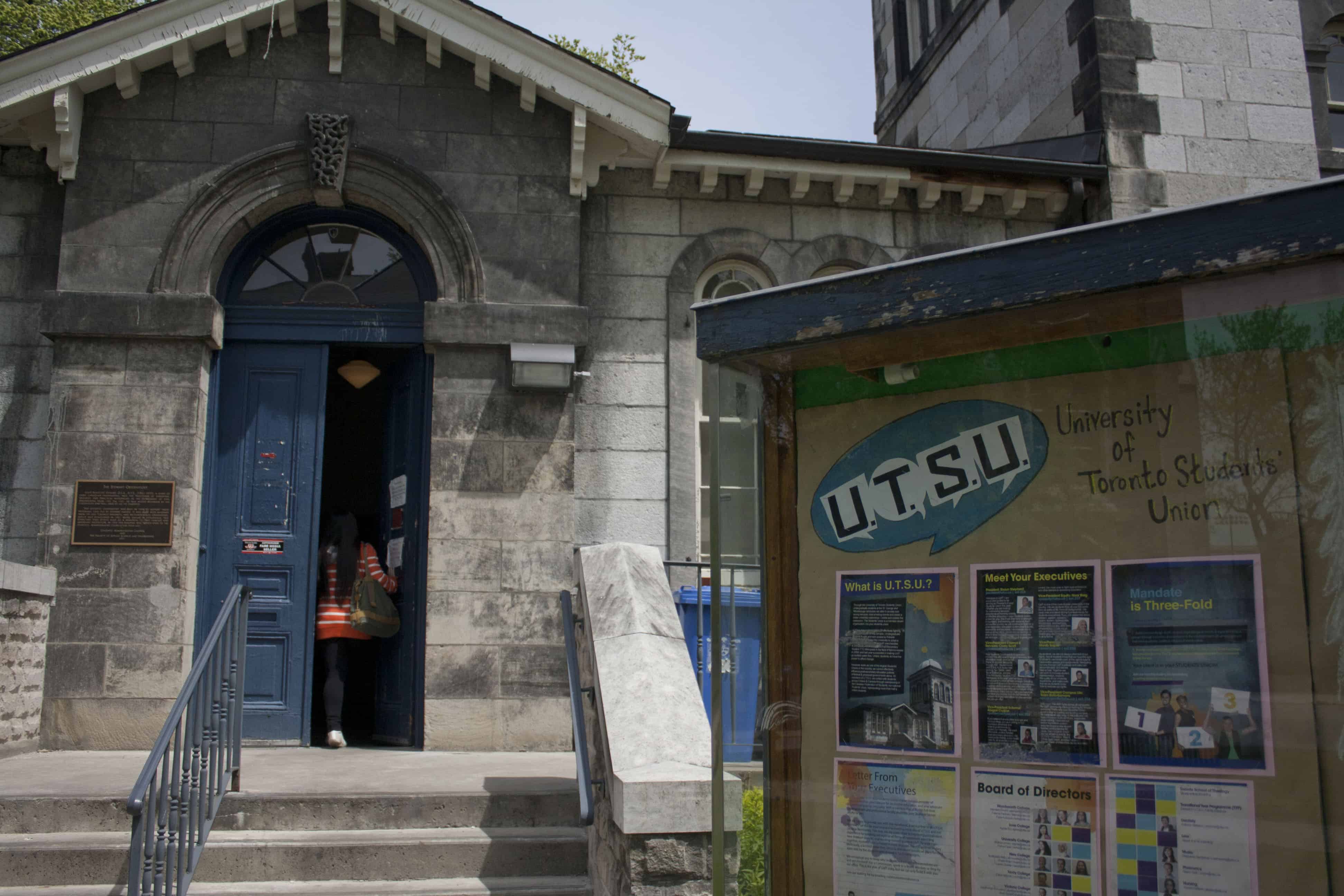The University of Toronto Students’ Union (UTSU) has announced plans to pursue a new levy to fund student clubs, services, and events. The proposal will be put to a vote in a fall referendum, where the student body will decide whether or not to accept it.
Unlike UTSU membership fees, the money generated by the levy would be restricted to uses that directly impact students. The referendum question will also include the specific restriction that it cannot be used on salaries.
According to UTSU Vice-President Internal & Services Mathias Memmel, the main motivation behind the levy is to increase the funding available to clubs.
“While our pool of clubs funding increased last year and has again increased this year by $15,000, these increases really only cover funding for newly-established and newly-recognized clubs. As a result, long-established and deserving clubs receive nominal increases.” Memmel told The Varsity.
Memmel also citied a desire to restore the funding cap for the level three clubs, which are generally larger clubs, back to $20,000. The decision to cap funding for these clubs at $15,000 was made by former Vice-president Campus Life ZiJian Yang and took effect in the 2015–2016 year.
The UTSU has not decided on an exact figure for the levy; however, Memmel wrote in his executive report that he hopes to “more than double” the funding available to clubs.
The report also emphasized the importance of reaching out to club leaders, calling their support crucial to the success of the referendum.
The subject of clubs funding became contentious during last spring’s elections, when the 1UofT slate’s presidential candidate, Madina Siddiqui — who proposed creating a levy to increase the amount of available funding — claimed that the UTSU decreased clubs funding. She referenced to the union’s decision to decrease the funding cap for level three clubs.
Memmel said that he is sympathetic to those who argue that the UTSU spends too much of its budget on items like salaries, which is why the levy is explicitly restricted. “Basically, we’re offering a clear, enforceable guarantee that any new money will actually be spent on students,” he explained.
The main goal of the levy is to increase clubs funding; the restrictions also allow it to be spent on events for students and services provided to students. As of yet, no guidelines for how much of the levy will be spent on clubs have been announced. The proposed levy would need to be re-approved by referendum after five years.
If passed, the prospective levy would only be paid by members at UTSG, and not UTM. In order for the referendum to pass, at least five per cent of UTSG students must respond, and a simple majority of them must vote ‘yes’ in order for the levy to be approved.
Recent referendums at the UTSU have included questions on a fall reading week and funding for LGBTOUT.


